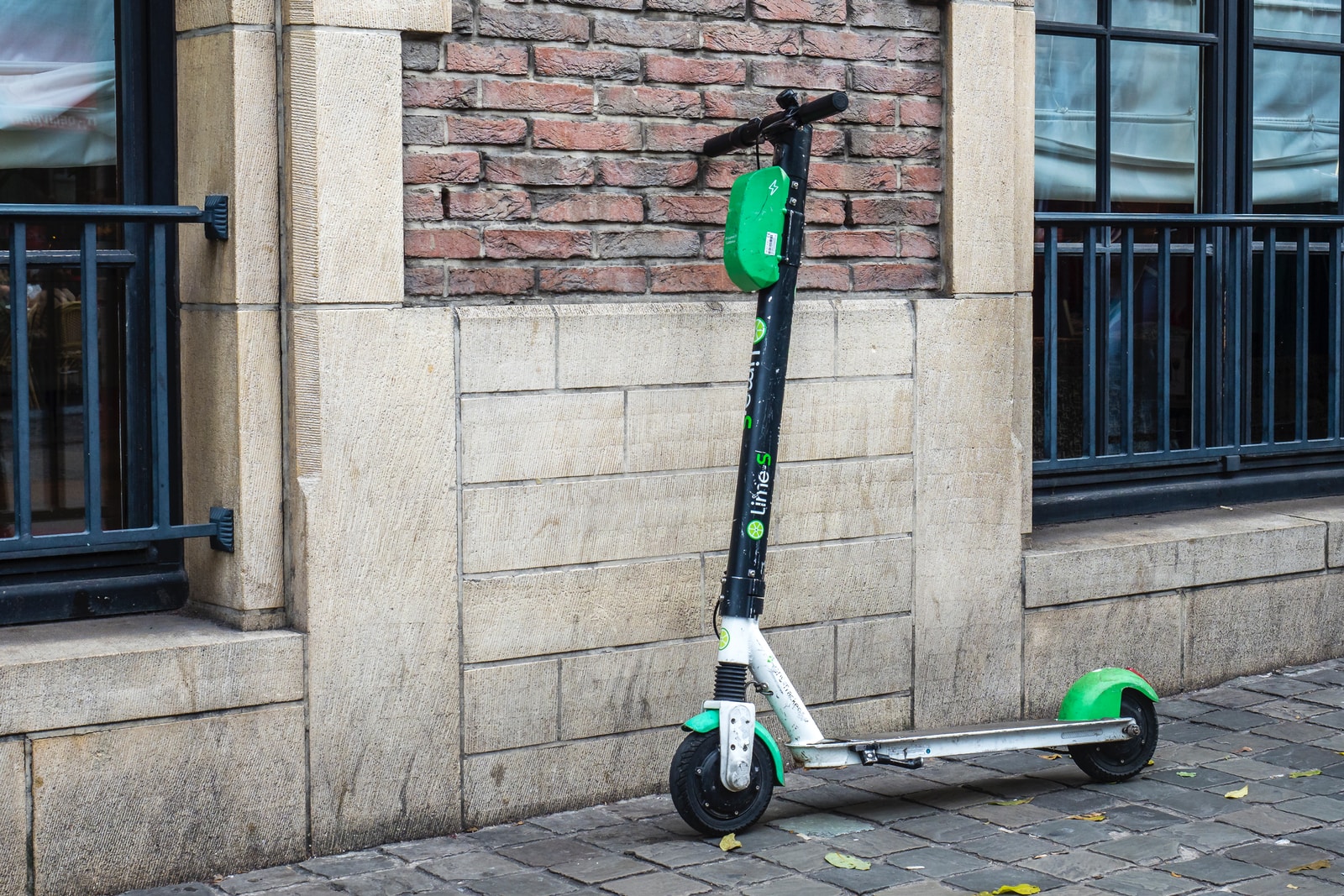E-Scooters in the UK: Are They Legal and What Does the Future Hold?
The future of mobility in the UK is looking brighter than ever. Electric cars are already driving the sustainability wagon, and demand for them is rising alongside the increase in petrol prices. Electric bikes are one of the most preferred modes of transport, as they are both a fast and convenient way to travel.
But our pathway to all-around electric transportation might be lacking in one particular area – electric scooters. Many people are keen on investing in one. However, the law is making it difficult to even impossible for us to ride electric scooters in urban areas.
Today, we explore the rules about e-scooters in the UK to prevent you from getting a fine and discuss what the future might look like for this mode of transport.
Are electric scooters legal?
In the UK, it’s legal to own an electric scooter. However, it’s currently illegal to use them on public roads, pavements, or cycle lanes. They can only be used on private land with the permission of the landowner.
That is in line with section 185 of the Road Traffic Act 1988, which classifies electric scooters as motor vehicles. In order to be road legal, an e-scooter needs to meet all the requirements that apply to other motor vehicles, such as cars. It needs to have a license, insurance, tax, MOT, and number plates.
And just like cars, motorbikes, and other motor vehicles can’t be used on pavements or cycle lanes, e-scooter can’t either.
There is one exception, however. You can ride an electric scooter in an urban area if you hire it from one of the government-approved hire trial schemes. Here is a list of the areas where trials are taking place and you can hire an e-scooter. To be eligible to use it, you need to have a driving license, including entitlement for category Q, and you can only use it on roads (except motorways) and in cycle lanes, but not on pavements.
Is there a fine?
As of 2022, you can face a severe fine if you’re caught using a privately owned electric scooter in prohibited areas.
If it is your first offence, you might get away with a warning. However, there is a chance you might be given a fixed penalty notice, which includes a £300 fine and six penalty points endorsement. In more serious cases, you might even have your driving licence disqualified.
Is the law changing?
For several years, there have been talks about legalising electric scooters on public roads, as the UK government is running trials to test the positive and negative impacts of e-scooters. Nevertheless, it’s still illegal to use them on public roads.
But why is the government reluctant to allow electric scooters on the road when other European countries are actively encouraging the use of e-scooters as a sustainable mode of transport? In places like Germany and France, you can ride them on pavements at a speed up to 6 km/h, and in France riding an electric scooter on a cycle lane at up to 25 km/h is legal. In these countries, an electric scooter is classified as a PLEV (Personal Light Electric Vehicle).
“Using privately-owned e-scooters on UK roads is illegal and there are legitimate safety concerns, both for riders and pedestrians,” said David Davies, executive director of the Parliamentary Advisory Council for Transport Safety (PACTS).
In fact, safety is one of the major reasons why e-scooters haven’t been legalised yet. In Paris, electric scooters incidents are spiking. In the UK, 15 people have been killed in incidents involving e-scooters so far, including 11 in 2021 alone. This raises concerns amongst both the government and pedestrians, which can delay the e-scooters roll-out in the UK.
How can smart technology change the law?
In an attempt to prove that electric scooters aren’t dangerous, Superpedestrian, an American company known as the “Volvo of e-scooters”, is trialling “smart technology” that will enable e-scooters to automatically stop when being ridden recklessly or on pavements.
The smart technology involved is referred to as the “Pedestrian Defence” safety system, and it uses a fusion of satellite-positioning systems, such as motion sensors, GPS, and in-built city maps to detect when a rider is using a scooter on the pavement or is riding recklessly. The software can then deactivate the scooter’s motor or slow it down.
The product is being trialled in spring 2022 in Nottingham before rolling out into the US and the rest of Europe. Hopefully, this will help steer the e-scooters legalisation decision in a positive direction.
Electric scooters are the next big step towards a fully electric and sustainable future. They can significantly reduce the use of cars and emissions, and shift the way we view mobility for the better.

